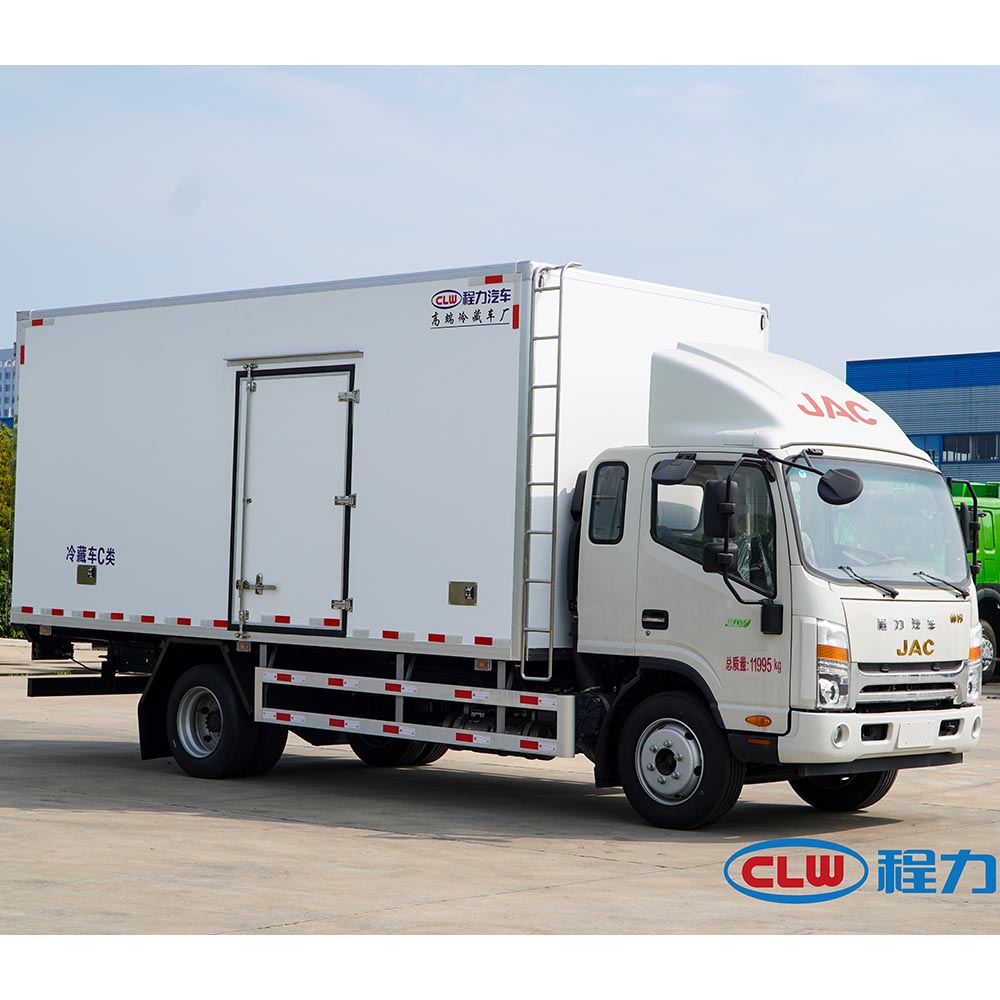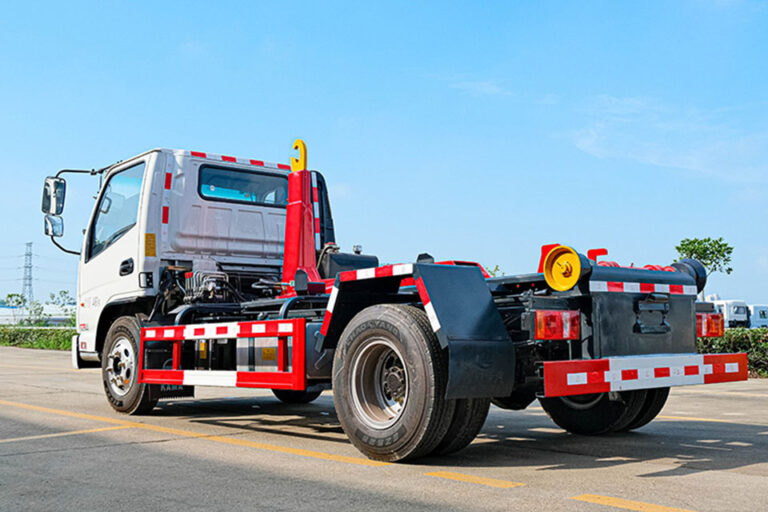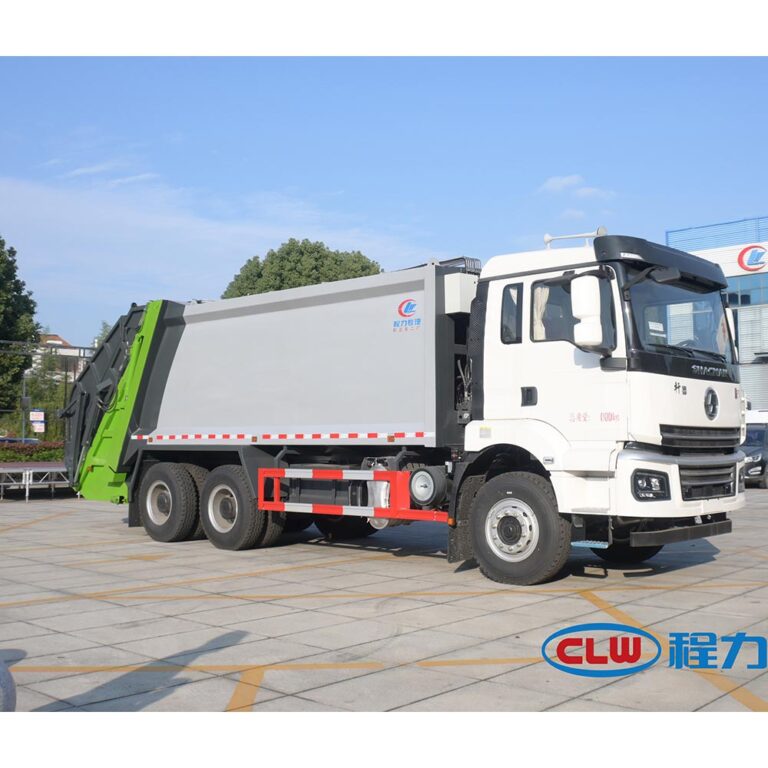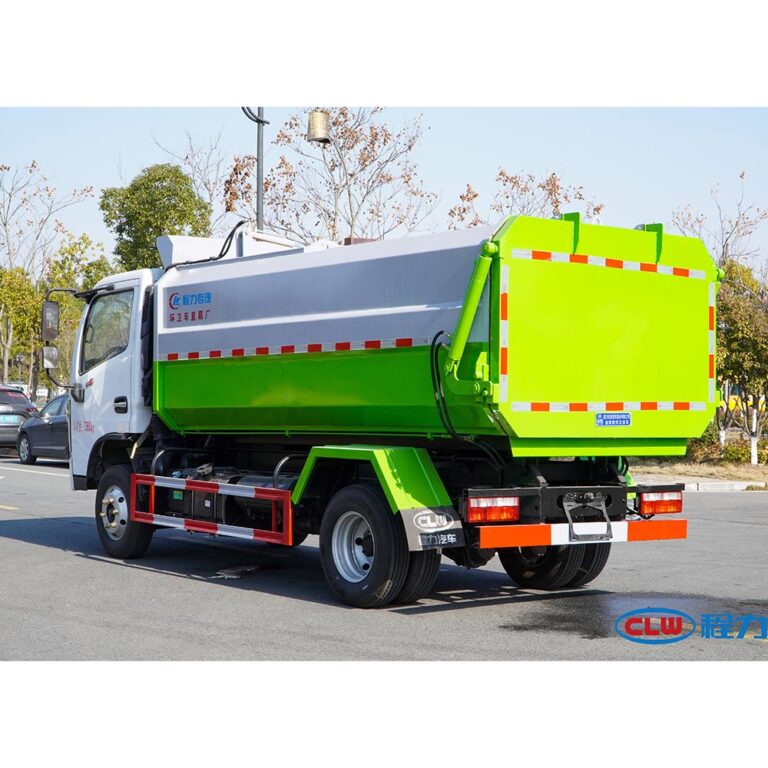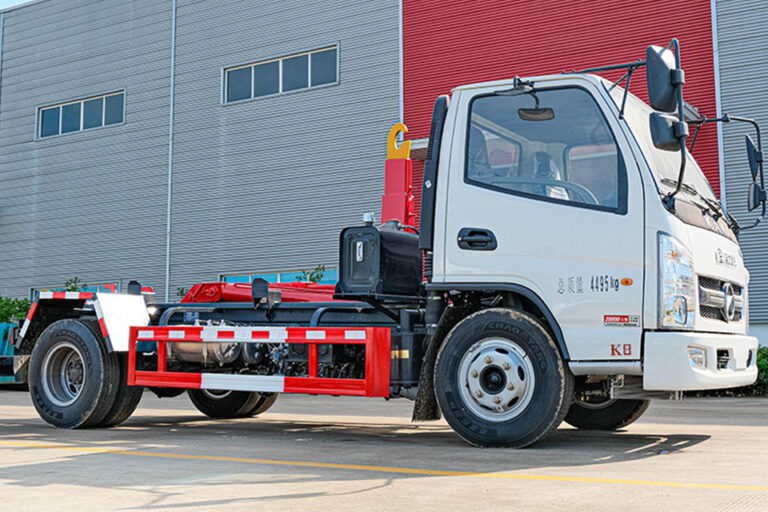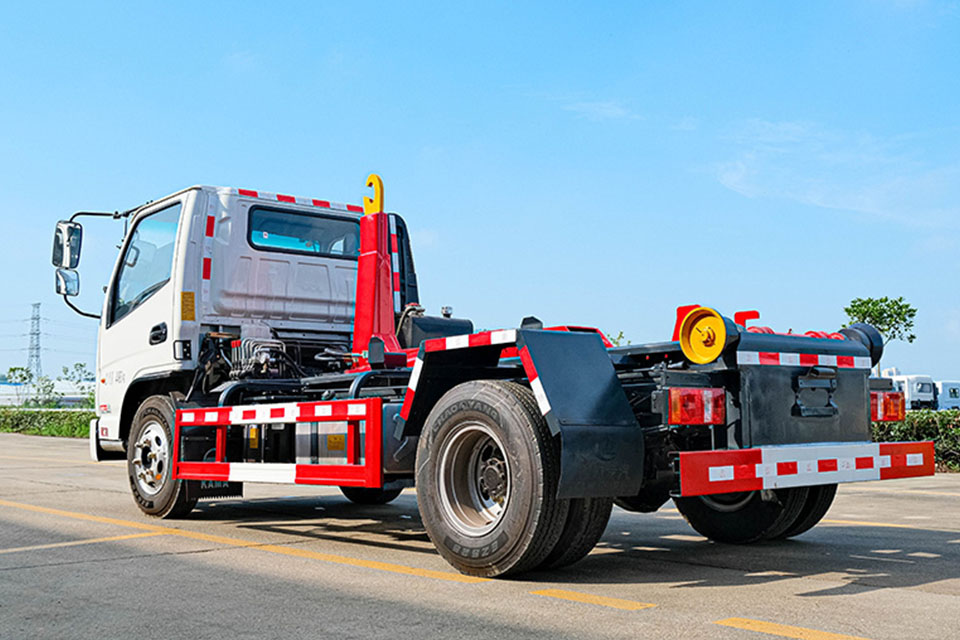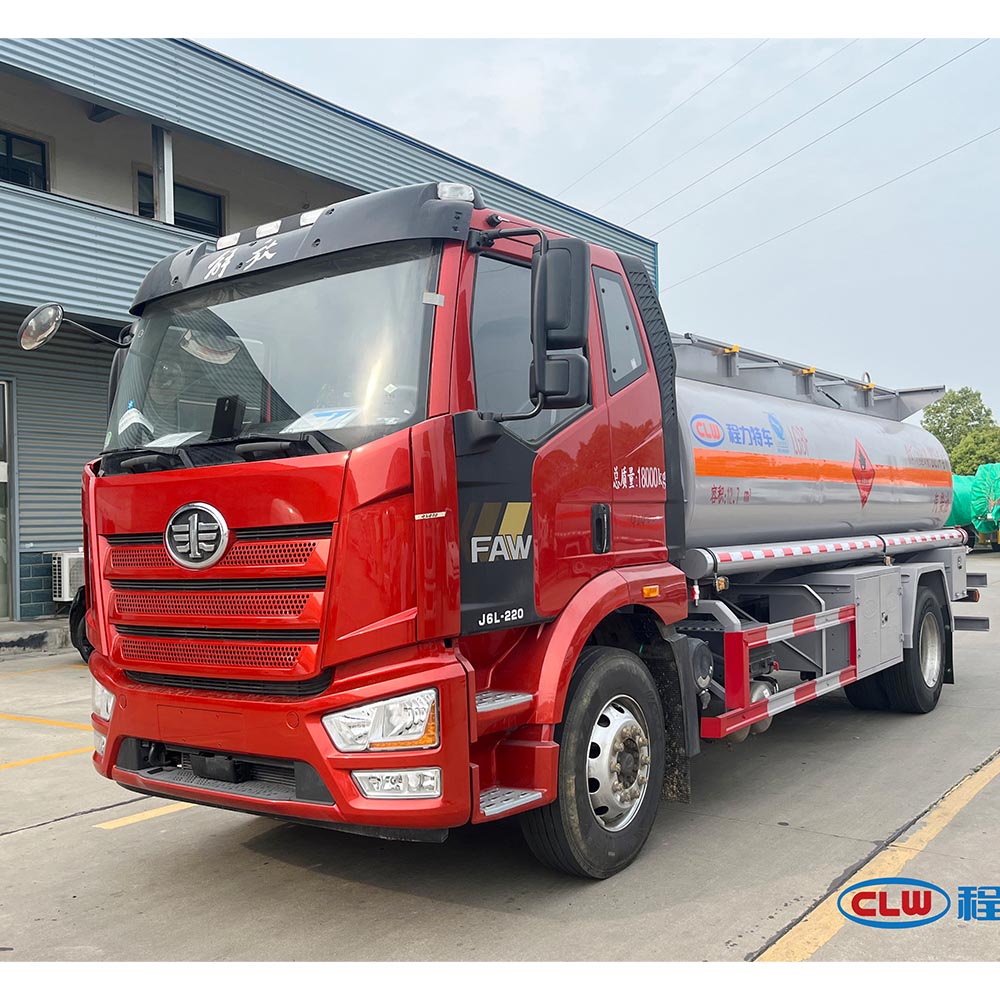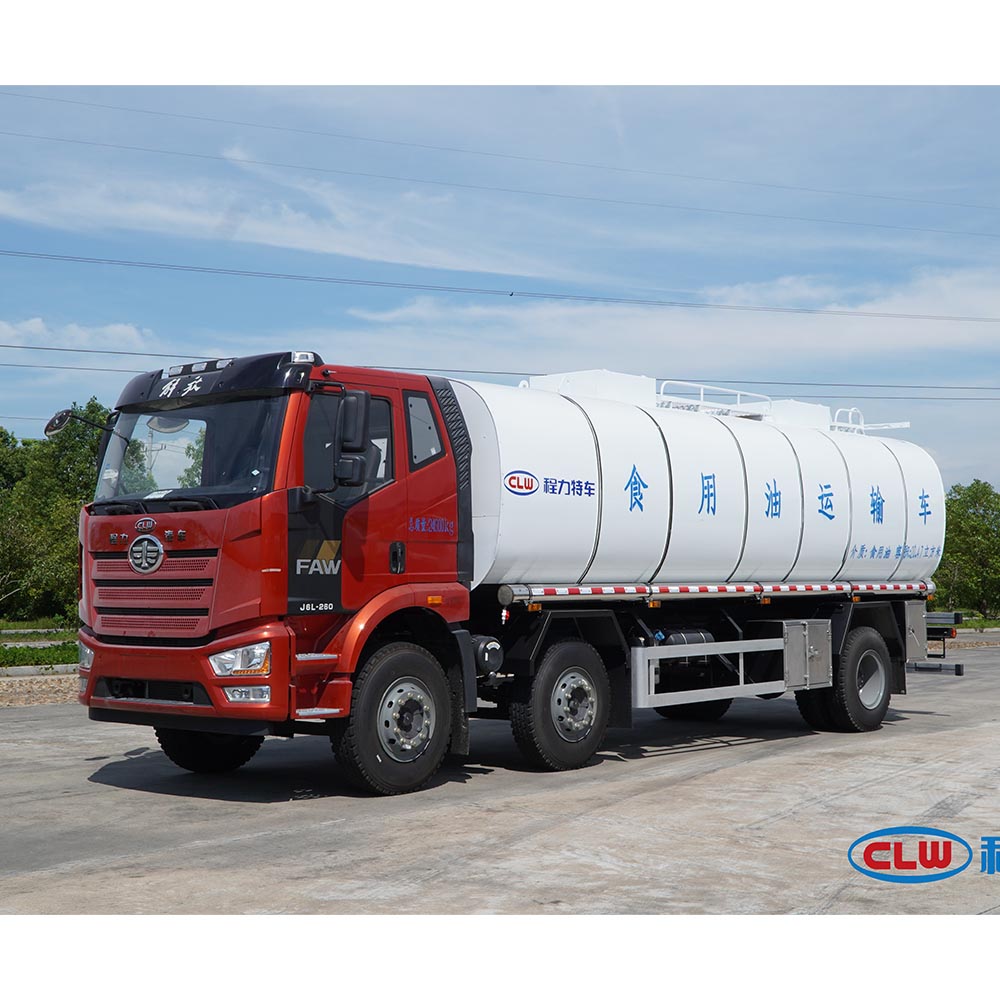-
程力汽车工业园
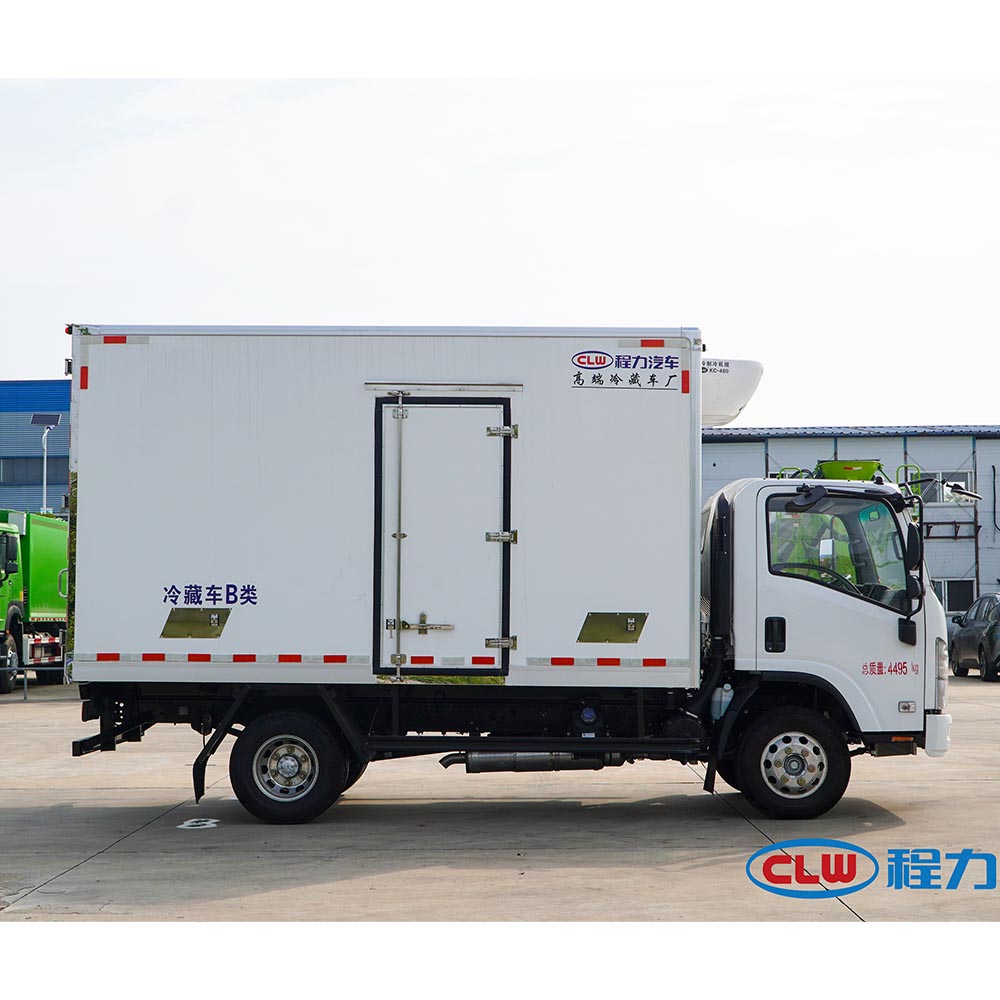
改装旧冷藏车便宜还是购买新冷藏车便宜?
冷藏货车改装:改装旧货车便宜还是购买新冷藏货车便宜?
本文探讨了许多企业面临的关键决策:转换旧的 面包车 冷藏设备,或投资购买冷藏设备。 新冰箱 面包车.我们将深入探讨每种选择的优缺点,考虑成本、效率、可靠性和对不同行业的适用性等因素。无论您是食品分销商、制药商还是花商,本读物都将为您提供有价值的见解,帮助您根据自己的业务需求和预算做出明智的决定。
目录
冷藏车适合我的企业吗?
如果您的业务涉及易腐货物的运输,则需要 冷藏车,如梅赛德斯-斯宾特冷藏车也称为露营车。 冷藏 面包车这可能是必要的。这些专用车辆对于保持温度敏感产品的质量和安全至关重要。通常依赖于 冷藏运输 包括
- 食品工业: 食品加工商、分销商、杂货店、餐馆、餐饮公司和餐包配送服务都依赖于 冷藏车,包括基于露营车型的冷藏车 用于运输新鲜农产品、奶制品、肉类和其他易腐物品。
- 制药业: 制药商、分销商、药房、医院、诊所和研究机构都需要对药物、疫苗和生物样本进行精确的温度控制。
- 花卉业: 花卉种植者、批发商和花商利用 冷藏车 以确保其精致产品的新鲜度和使用寿命。
- 化学工业: 某些化学品,特别是对温度敏感的化学品的制造商和分销商依赖于 冷藏车 在改装的露营车中安全、合规地运输食用油。
- 物流和交付: 冷链物流提供商、第三方物流公司和最后一英里配送公司使用 冷藏车 为各种温控货物提供专门的运输服务。
您是否需要一种可靠的方式来运输对温度敏感的货物? 如果是这样,一个 冷藏 面包车 这可能是一项值得的投资。这些车辆可确保产品的完整性,最大限度地减少变质,并符合行业规定。
面包车改装与购买新车:有什么区别?
核心区别在于出发点不同。 货车改装 涉及改造现有的 面包车 带露营车 制冷机组, 隔热材料是保持冷藏露营车内温度的关键。以及其他必要的修改。 购买新冷藏车 这意味着要购买专门设计的车辆,并配备集成的 冷却系统.
货车改装 看起来是一个经济实惠的选择,尤其是如果您已经拥有了一台 面包车.然而,关键是要考虑 面包车的 年龄、状况和以前的使用情况。A 面包车 举例来说,以前用来运输建筑材料的车辆可能不是运输食品的理想选择。
购买新冷藏车 具有多种优势,包括出厂时安装的 制冷机组优化 隔热材料而且还有保修。当然,它的前期费用也较高。
冷藏车需要考虑哪些关键因素?
选择正确的 冷藏车 无论选择改装还是新购,都需要对几个关键因素进行评估:
- 温度要求: 不同的产品需要不同的温度范围。确保 制冷机组 可以保持货物所需的特定温度。
- 货车尺寸和容量: 考虑您通常运输的货物量。较大的 面包车 空间更大,但燃油效率可能较低。
- 绝缘质量: 适当 隔热材料 这对保持温度和最大限度降低能耗至关重要。寻找高质量的聚乙烯厢式车车身 隔热材料 玻璃纤维或喷涂泡沫等材料。整体隔热值是影响面包车长期运行成本的一个重要因素,隔热材料越多越好。
- 制冷装置类型: 有各种 制冷机组 类型,包括以车辆为动力的装置,这些装置可通过 面包车的 发动机、自供电装置和独立的 柴油机 发动机和电动装置需要 岸电.
- 可靠性和维护: 可靠的 制冷机组 对于防止代价高昂的故障和产品变质至关重要。定期维护对实现最佳性能至关重要。例如,由于制冷故障而损失一批对温度敏感的药品,可能会造成数万美元的损失,而且可能无法挽回。
冷藏车改装的费用是多少?
费用 冷藏车改装 取决于多个因素,差异很大:
- Van's Age and Condition: 转换旧的 面包车 高里程数或有机械故障历史的车辆可能会导致较高的 维修费用 下线。重要的是要知道 面包车的 前世.
- 制冷装置: 的类型和容量 制冷机组 对总成本的影响很大。新的、大容量的设备要比二手的或较小的设备成本更高。据我们估计,厢式车改装的平均成本在 $4,000 到 $9,000 之间,这还不包括厢式车的成本。
- 绝缘: 的类型和数量 隔热材料 所使用的材料也会影响成本。高质量 隔热材料 材料可能更贵,但性能更好。
- 劳动力成本: 安装费用因改装的复杂程度和所在地区的劳动力价格而异。
粗略估计,一个基本的 冷藏车改装 费用从 $5,000 到 $15,000 甚至更多。这还不包括 面包车 它本身。
购买新冷藏车有哪些优势?
投资于 新冷藏车 提供了几个主要优势:
- 工厂安装的制冷设备: 新 客货车 配有冰箱装置,制冷效果最佳。 制冷机组 专为车辆设计,确保最佳性能和效率。
- 保修: 一个新的 面包车 和 制冷机组 一般情况下,制造商都会提供保修服务,让用户放心使用,并防止出现缺陷。
- 可靠性: 一个新的 面包车 机械故障的可能性较小,从而降低了停机风险,并且 维修费用.
- 最新技术: 新 客货车 通常采用最新技术,包括先进的 制冷 系统、提高燃油效率和增强安全功能。
- 定制: 当您 买新您通常可以自定义 面包车 根据您的具体需求选择尺寸、 制冷 容量和其他功能。
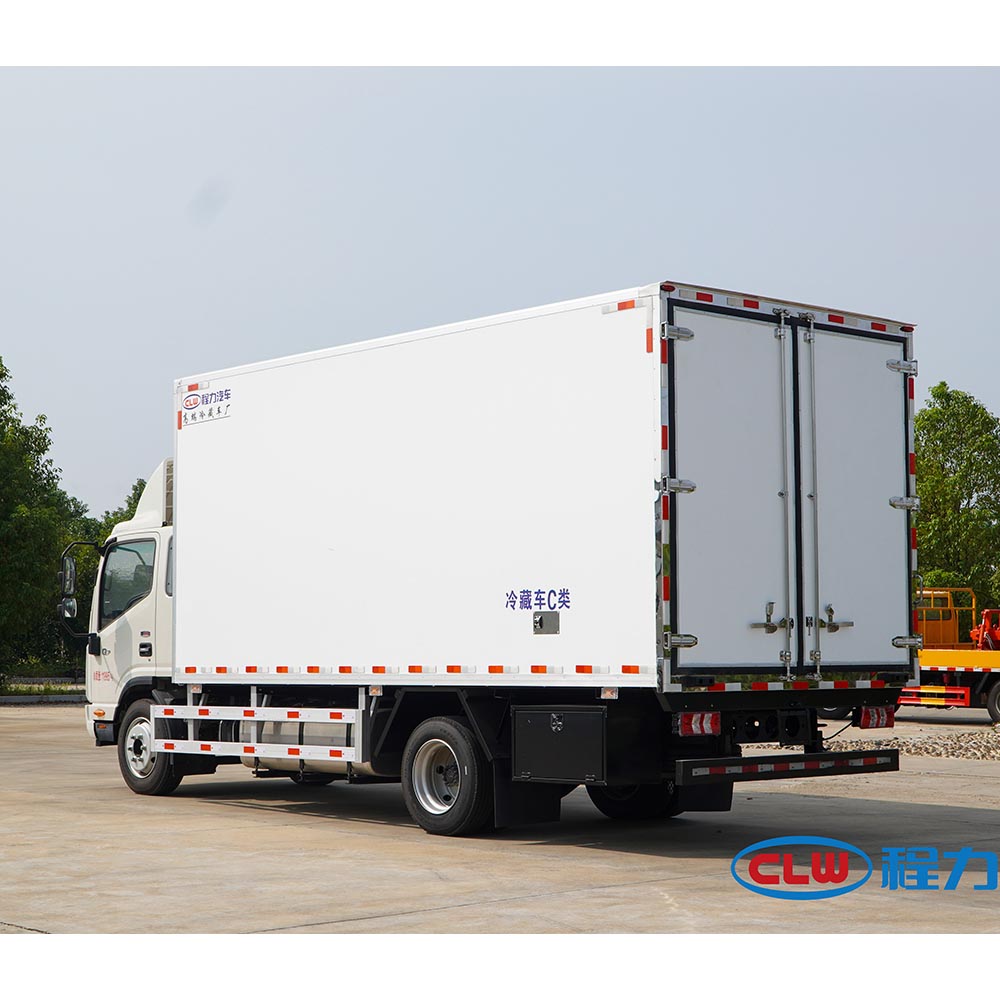
为什么选择专用冷藏车?
专用 冷藏车 是专为温控运输而设计的。与改装的露营车相比,它具有多项优势。 客货车:
- 优化气流:确保露营车内通风良好 专用 客货车 气流系统设计用于分配 寒气 在整个货厢内均匀地流通冷空气,确保温度始终如一。如果是改装面包车,冷空气就很难均匀流通。
- 卓越的隔热性能 这些 客货车 高品质 隔热材料 与身体融为一体,最大限度地减少热量传递,降低能耗。
- 减轻重量: 专用 冷藏车 通常采用轻质材料建造,可提供 减轻重量 与转换后的 客货车.这意味着需要运输的产品重量会增加。
- 耐用性: 这些 客货车 可在严苛的环境中经受日常使用的考验。
- 转售价值: 专用 冷藏车 其保值性通常比转换后的 客货车这使它们成为更好的长期投资。
如何维护冷藏车?
定期维护对于确保您的设备的使用寿命和可靠性至关重要。 冷藏车.以下是一些基本的维护提示:
- 检查制冷装置: 定期检查 压缩器, 制冷剂 水平和其他组成部分 制冷机组.
- 清洁冷凝器和蒸发器线圈: 脏线圈会降低效率,增加能耗。
- 检查车门密封件:确保房车里的密封性。 确保门封完好无损,并提供严密的密封,以防 寒气 防止逃跑。
- 监控器温度: 定期监测设备内的温度 货载 区域,确保其在所需范围内。
- 安排专业服务: 请合格的技术人员检查和维修 制冷机组 至少每年一次。
冷藏车的替代品有哪些?
冷藏拖车是另一个值得考虑的选择。您可以解开 挂车 然后 卸载 在您方便的时候使用。如果您还需要用面包车做其他事情,这可能是件好事。但是,如果您每天都要开着面包车到处跑,这可能就不是您的最佳选择了。
冷藏车的运营成本高吗?
以发动机为动力的汽车是最受欢迎的选择。这是因为它最便宜,也最环保。但是,如果车辆长时间熄火停放,温度可能会升高。即使 柴油机 但如果您需要在不开车时保持物品凉爽,露营车中的冰箱装置会更好。
改装面包车的优点
- 五月份 成本更低 比买一辆新的冷藏车还便宜。
- 您可以利用现有的车辆。
改装面包车的缺点
- "(《世界人权宣言》) 制冷 单位不是 专为 面包车.
- "(《世界人权宣言》) 面包车 可能不充分 绝缘.
- 发生故障和 维修费用.
- 转售价值低于专用建筑 冷藏车.
| 特点 | 货车改装 | 新冷藏车 |
| 费用 | 降低前期成本 | 前期费用较高 |
| 制冷机组 | 改装后,可能无法达到最佳效果 面包车 | 工厂安装,专为 面包车 |
| 绝缘 | 已添加,效果可能不佳 | 一体化、高质量 |
| 可靠性 | 故障风险更高 | 降低故障风险 |
| 保修 | 有限保修或无保修 | 制造商保修 |
| 转售价值 | 较低 | 更高 |
| 定制 | 有限公司 | 更多选择 |
| 燃油效率 | 可能较低 | 可能更高 |
| 技术 | 可能缺乏最新功能 | 最新技术 |
| 重量 | 可能更重 | 可能更轻,提供 减轻重量 |
| 气流 | 可能未优化 | 经过优化,温度分布均匀 |
| 耐用性 | 可能较低 | 更高 |
| 温度一致性对于露营车冰箱来说至关重要。 | 一致性可能较差 | 更一致 |
| 维护 | 可能需要更频繁的维护 | 可能不需要那么频繁的维护 |
| 环境影响 | 可能更高 | 可能较低 |
| 遵守标准 | 可能更难达到 | 设计符合行业标准 |
常见问题
什么是冷藏车?
A 冷藏车又称 冷藏 面包车 或 冰箱车是一种配备有 制冷机组 和 隔热材料 以保持舱内的低温 货载 地区。
冷藏车是如何工作的?
A 冷藏车 使用冰箱 制冷机组通常由 面包车的 发动机或独立电源,以冷却车内空气。 货载 地区。 绝缘 有助于保持低温,防止热量进入。
冷藏车和冷冻车有什么区别?
A 冷风机车 设计用于保持温度通常在 0°C 至 8°C 之间,适合运输新鲜农产品、乳制品和其他冷藏货物。冷冻箱 面包车 可以达到更低的温度,通常为 -18°C 或更低,用于运输冷冻食品。如果您正在考虑将旧的 面包车 放入冷冻室,这非常困难,您可能无法 能找到人 谁愿意进行转换。
能否将普通货车改装成冷藏车?
是的,可以将普通 面包车 成 冷藏车.然而,选择一个 面包车 保持良好状态并使用高质量 制冷 和 隔热材料 组件
如何为面包车改装选择制冷设备?
当选择 制冷机组 为 面包车改装考虑到所需的温度范围、设备的大小、设备的安装位置、设备的安装位置、设备的安装位置、设备的安装位置、设备的安装位置。 货载 区域、动力源(车载、自备或电动)以及设备的可靠性和效率。
什么是平板货车?
A 厢式货车 是一种 面包车 没有后侧窗。它们有时被用来改装成 露营车 或 房车.
资料来源
- https://www.sciencedirect.com/topics/engineering/refrigerated-vehicle
- https://www.transfrig.com.au/refrigerated-transport-faqs/
- https://www.coolit.co.uk/refrigerated-vehicle-conversions/
结论
选择 冷藏车改装 和 购买新冷藏车 是一个会影响企业底线的重大决定。虽然 面包车改装 可能看起来更 经济有效 在选择初期,必须权衡潜在的缺点,包括可靠性降低、效率降低和维护成本增加。 购买新冷藏车 具有众多优势,例如出厂时安装的 制冷机组保修和最新技术。
作为领先的 冷藏车 我们深知可靠和高效的制造工艺的重要性。 冷藏运输.我们提供广泛的 冷藏车 和卡车,以满足各行各业的特殊需求。我们经验丰富的团队可以帮助您选择合适的车辆,并 制冷 系统,确保您的产品安全高效地运输。立即联系我们,了解更多产品和服务信息!
以下是考虑冷藏车时需要记住的最重要的事项:
- 评估您的需求: 确定所需的温度范围、货物容量以及企业的其他具体要求。
- 考虑长期成本: 虽然 面包车改装 预付费用可能较低,但 新冷藏车 运营成本更低,转售价值更高。
- 优先考虑可靠性: 选择有信誉的 生产商 和可靠的 制冷机组 以尽量减少停机时间,防止产品变质。
- 投资优质隔热材料: 适当 隔热材料 这对保持温度和降低能耗至关重要。
- 定期维护是关键: 遵守定期维护计划,以确保您的车辆的使用寿命和可靠性 冷藏车.
- 立即联系我们: 让我们的专家帮您找到完美的 冷藏车 为您的业务服务。别再等待,现在就联系我们,体验高质量的服务为您带来的不同。 冷藏车 能做出! 食用油运输车,也可由露营车改装而成。 或 食用油运输车 25.6 立方米容量 也许适合您。如果您正在寻找更大的 47 立方米压缩式垃圾半挂车或者 压裂砂罐车 31,000 公斤容量.如需更小的尺寸,请查看 25.5 立方米铝合金运油车
